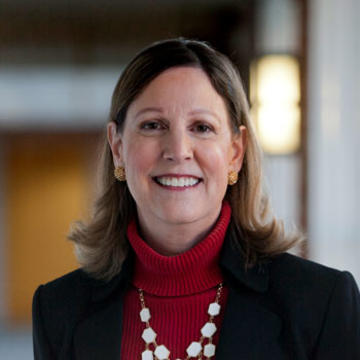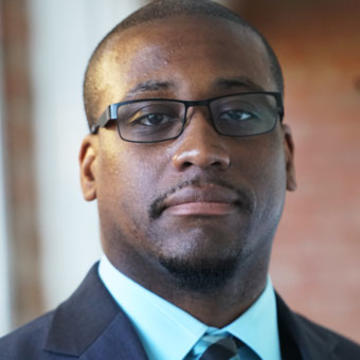A power broker like no other
Stacey Abrams galvanized the ground game in Georgia
Read the full article at UVA Lifetime Learning
Now that Georgia has completed its recounts, certified the final tallies (twice), and cast its sixteen electoral votes for Joe Biden, the former vice president and president-elect owes Stacey Abrams an immense debt of gratitude for improbably flipping the Peach State from blood red to pale blue, at least at the presidential level.
Although Abrams lost the 2018 Georgia governor’s race, her losing margin of only 1.4 percent, and the specter of voter suppression, energized the former state legislator to mount an activist campaign to register and turn out voters, especially African Americans. Abrams founded Fair Fight Action, a grassroots interest group, to combat the stifling of black votes in Georgia and Texas. Her movement, in concert with other activist organizations, galvanized the ground game in Abrams’s home state, where some 750,000 new voters registered prior to the presidential election.
In 2020, 59.3 percent of first-time voters in the Peach State voted as Democrats.
Georgia had not selected a Democratic presidential candidate since Arkansan Bill Clinton’s 1992 successful White House bid. In 2020, 59.3 percent of first-time voters in the Peach State voted as Democrats, while 35.9 percent cast their ballots as Republicans. Clearly, this difference helped to account for Georgia’s placement in the Biden-Harris column, even if only by a margin of fewer than 13,000 votes.
While leading the battle for voting equity, Abrams has become a national icon and best-selling author of her book: Our Time Is Now: Power, Purpose, and the Fight for a Fair America. It echoes a previous woman Democratic Party power broker, Eleanor Roosevelt, whose last tome, published posthumously, was titled Tomorrow Is Now. How appropriate that this latest king-/queenmaker in the Democratic Party follows in the footsteps of ER but then blazes a wholly new trail—one that can only be forged by an African American woman.
How can we identify a power broker? According to a 1984 edition of Webster’s Collegiate Dictionary, a power broker is “a person (as in politics) able to exert strong influence because of votes or individuals that he controls.” Note the accepted use of the masculine pronoun, which also signified that few women had garnered the label. Now, as a reflection of both the changing use of gender-neutral references and the rise of more women leaders, dictionaries simply refer to a “person” who wields power in politics as a “power broker.” The term’s etymology dates only to 1961.

